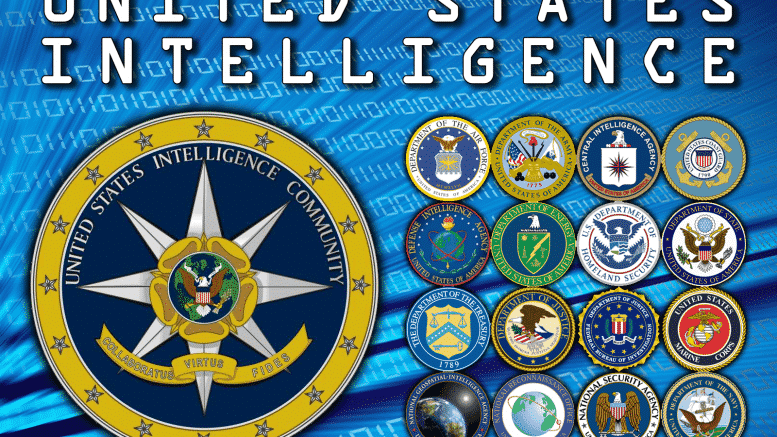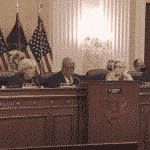|
Getting your Trinity Audio player ready... |
s the 'science of social engineering', Technocracy draws its life-force from data collected on all parts of society, where the word 'enough' is never heard. This mass vacuuming of data needs to be summarily stopped.









